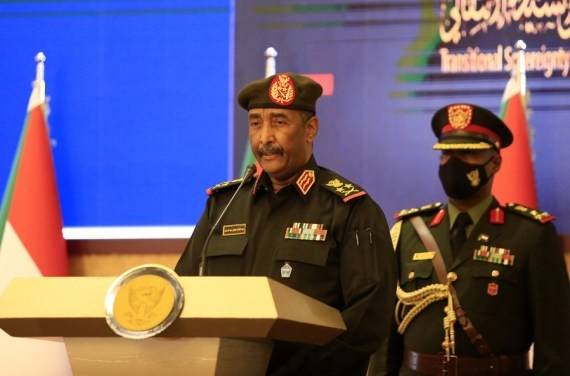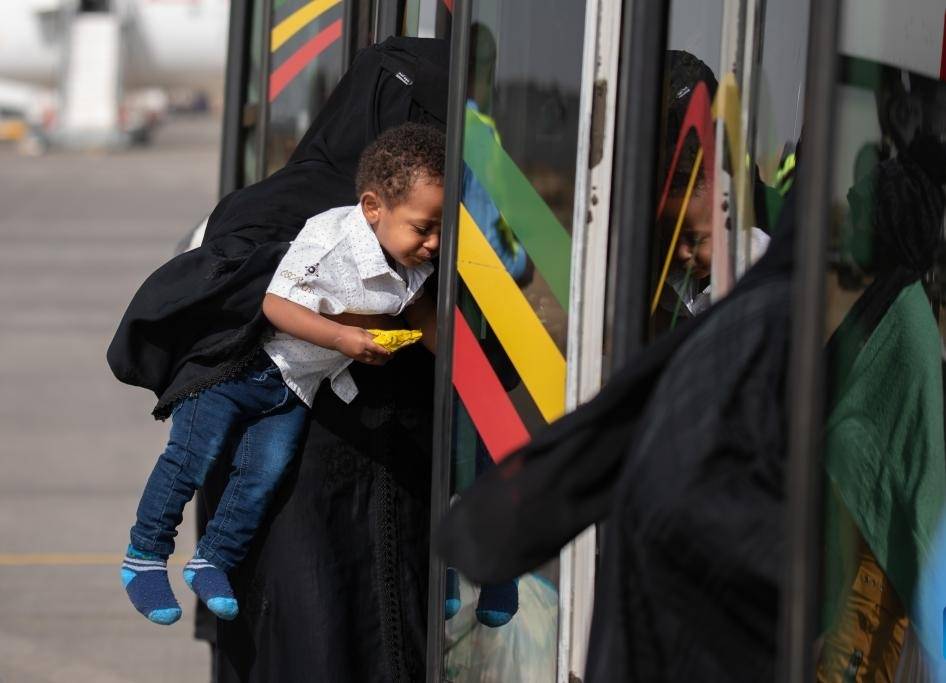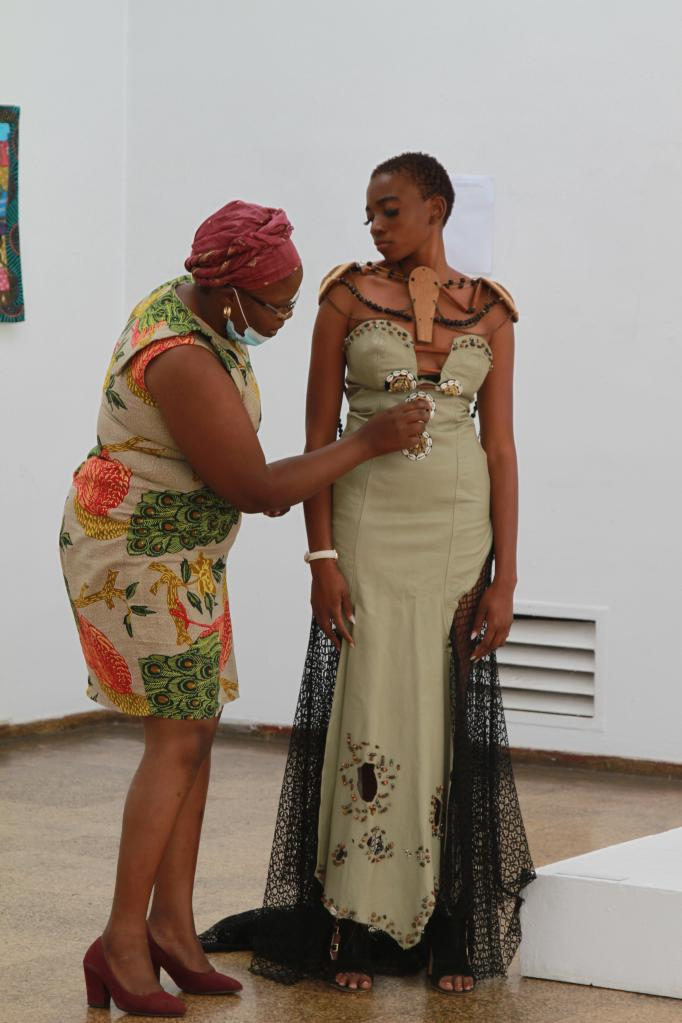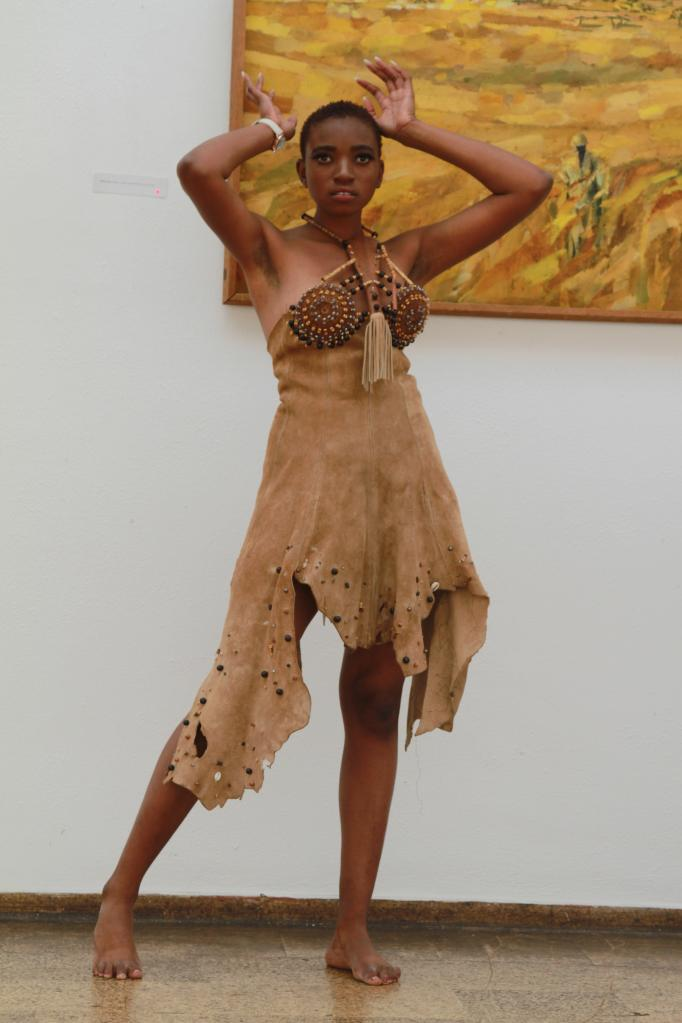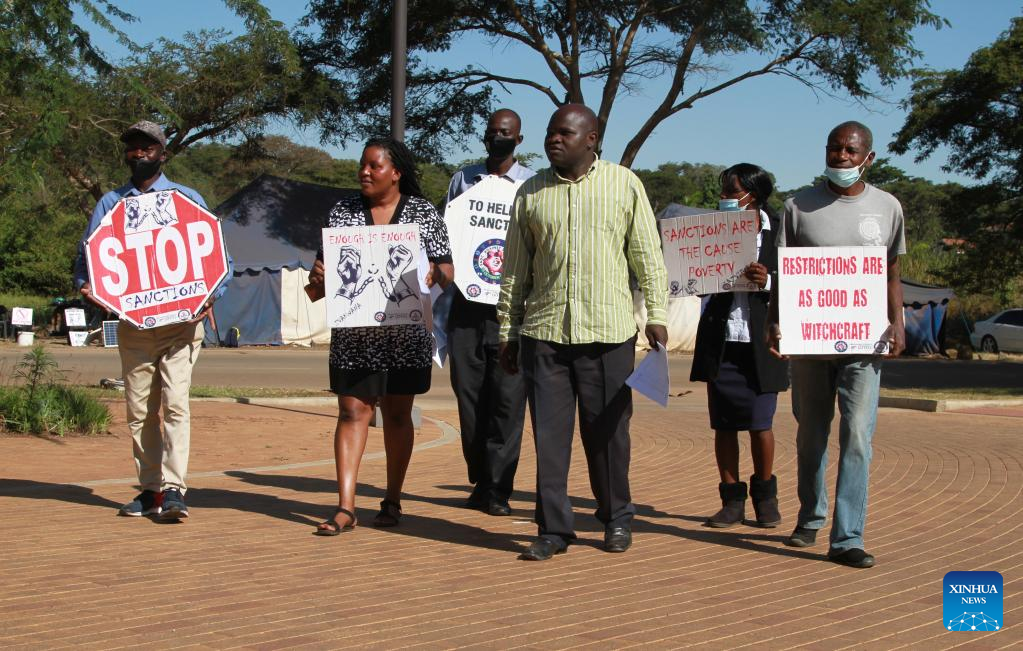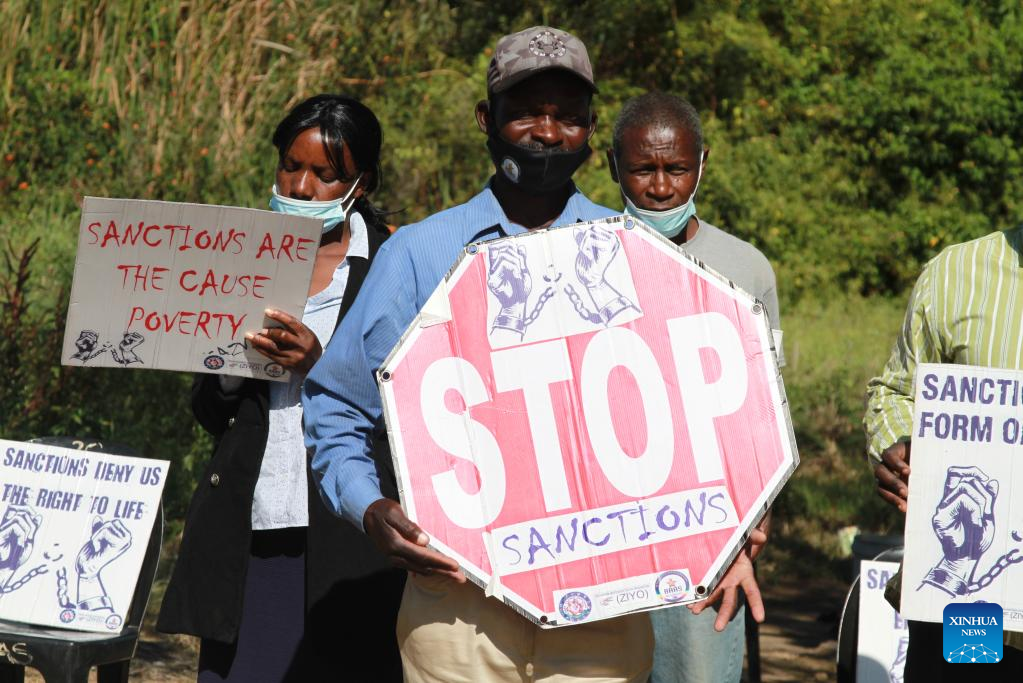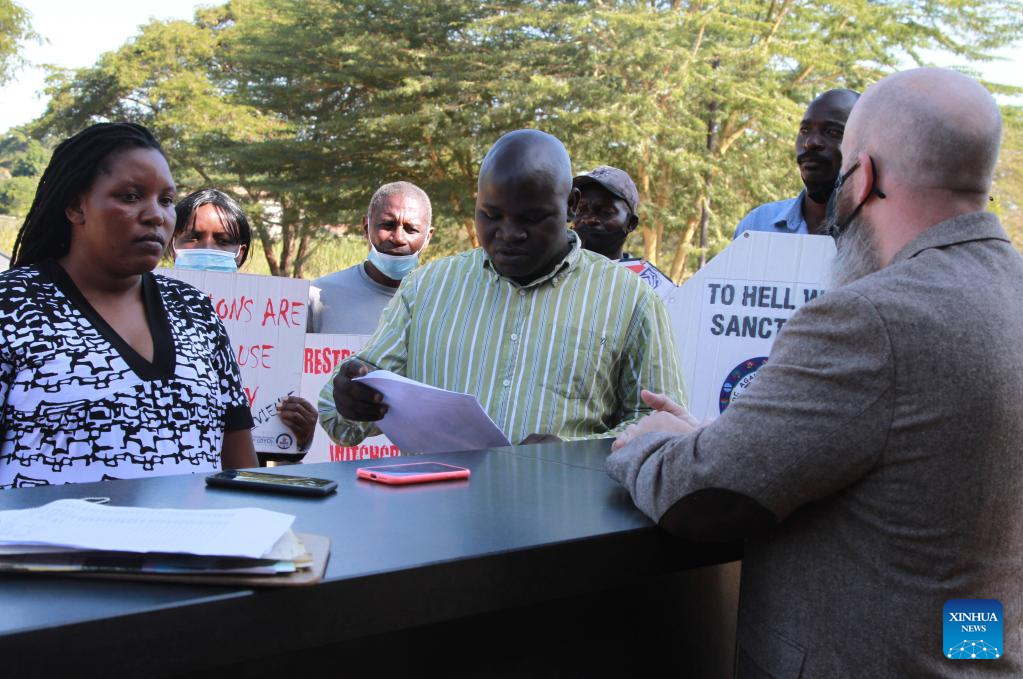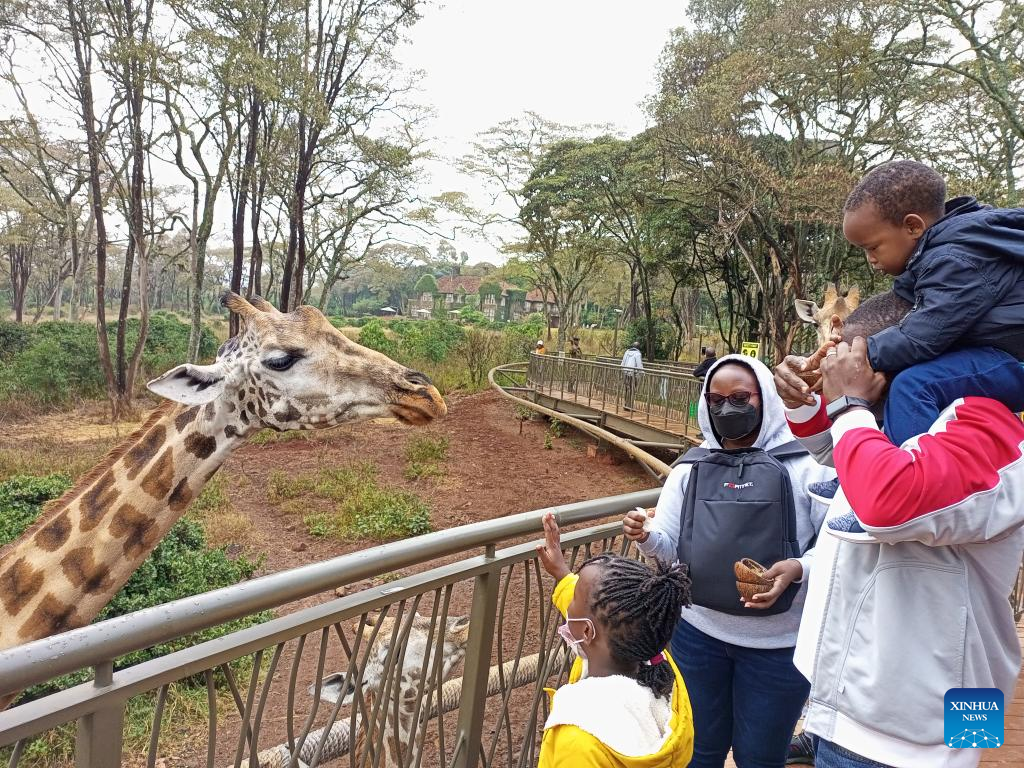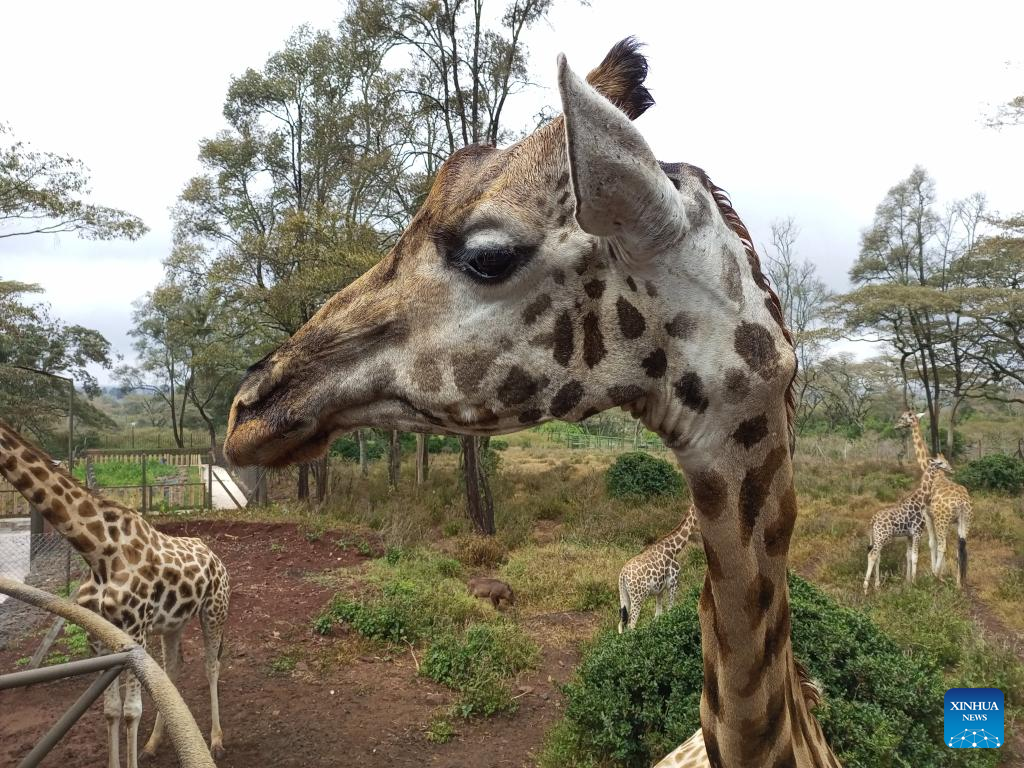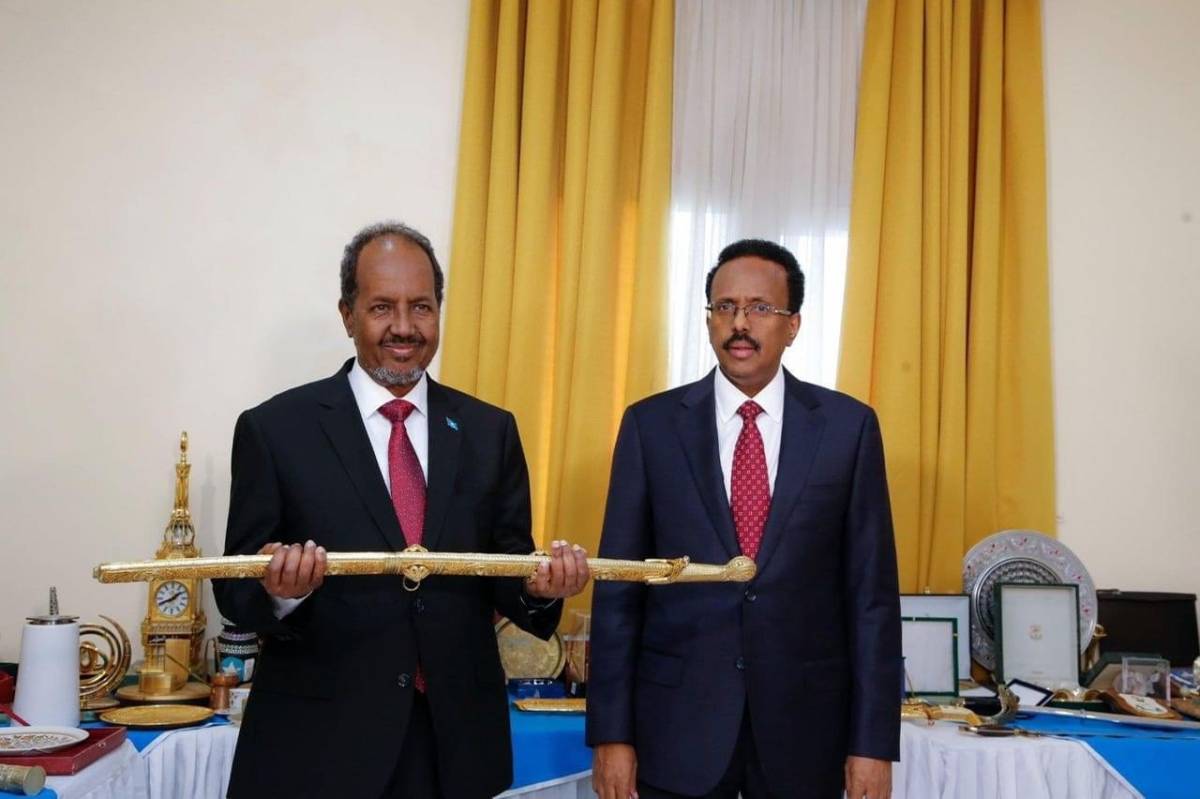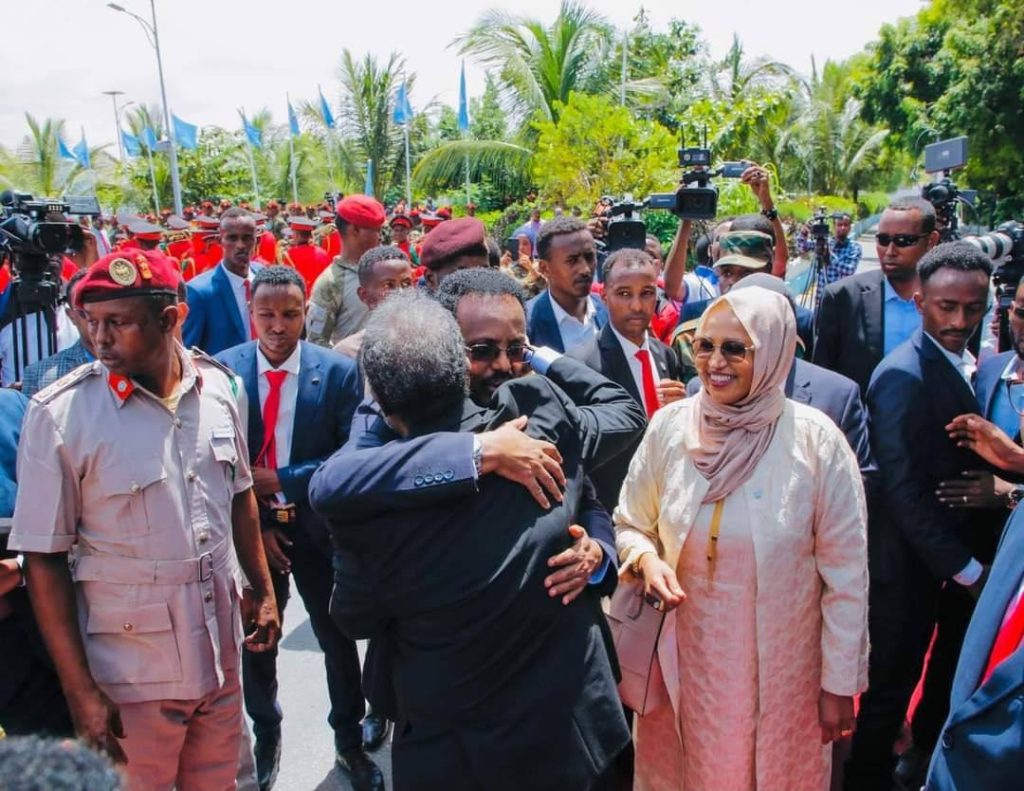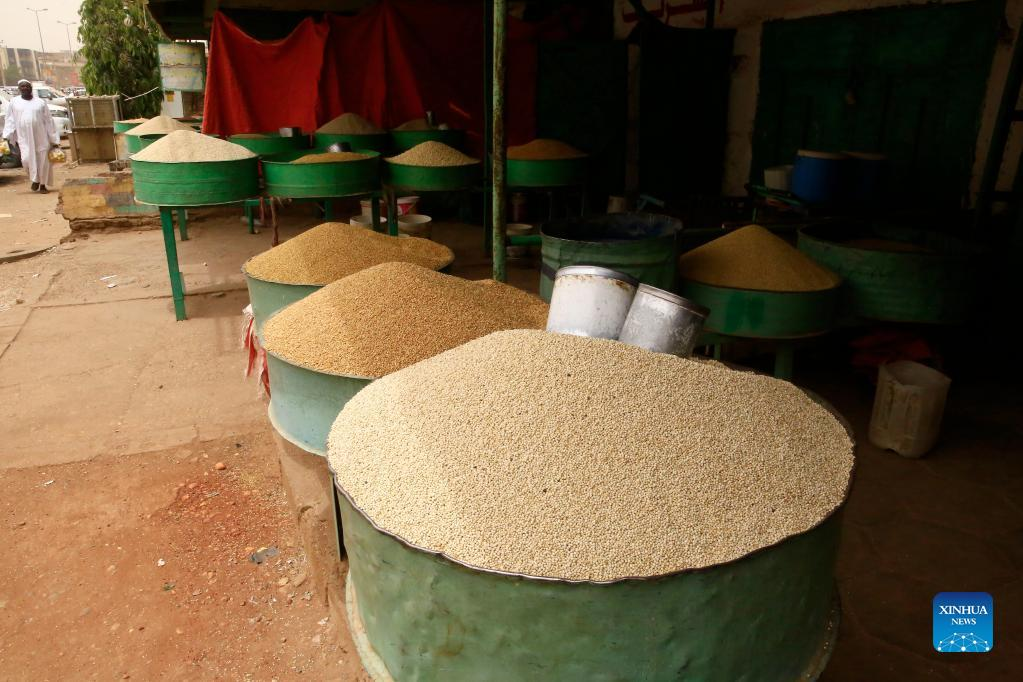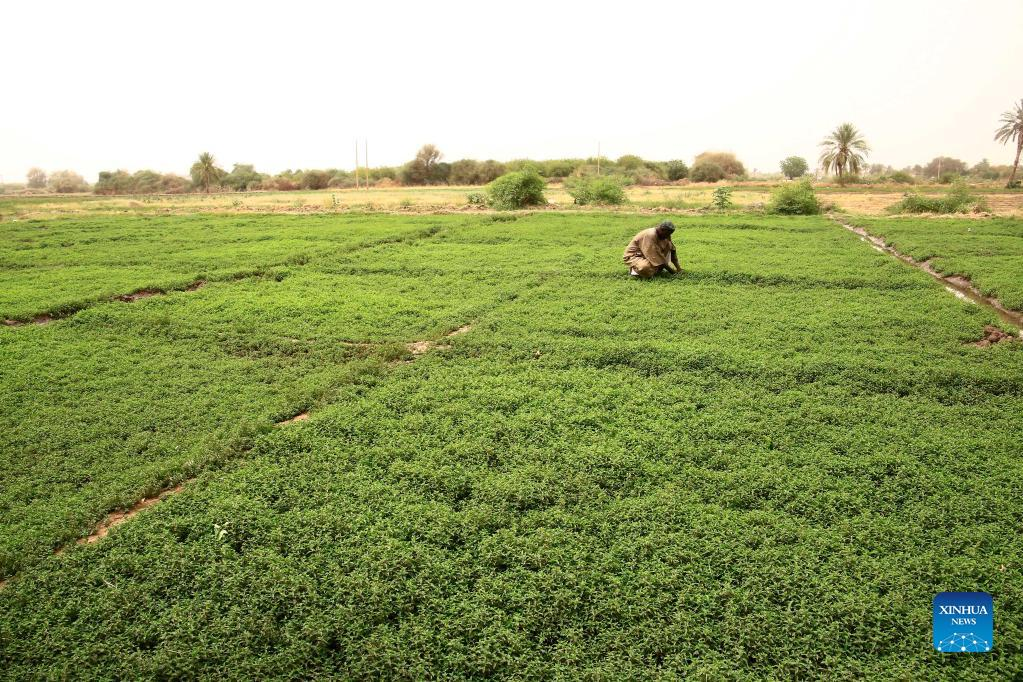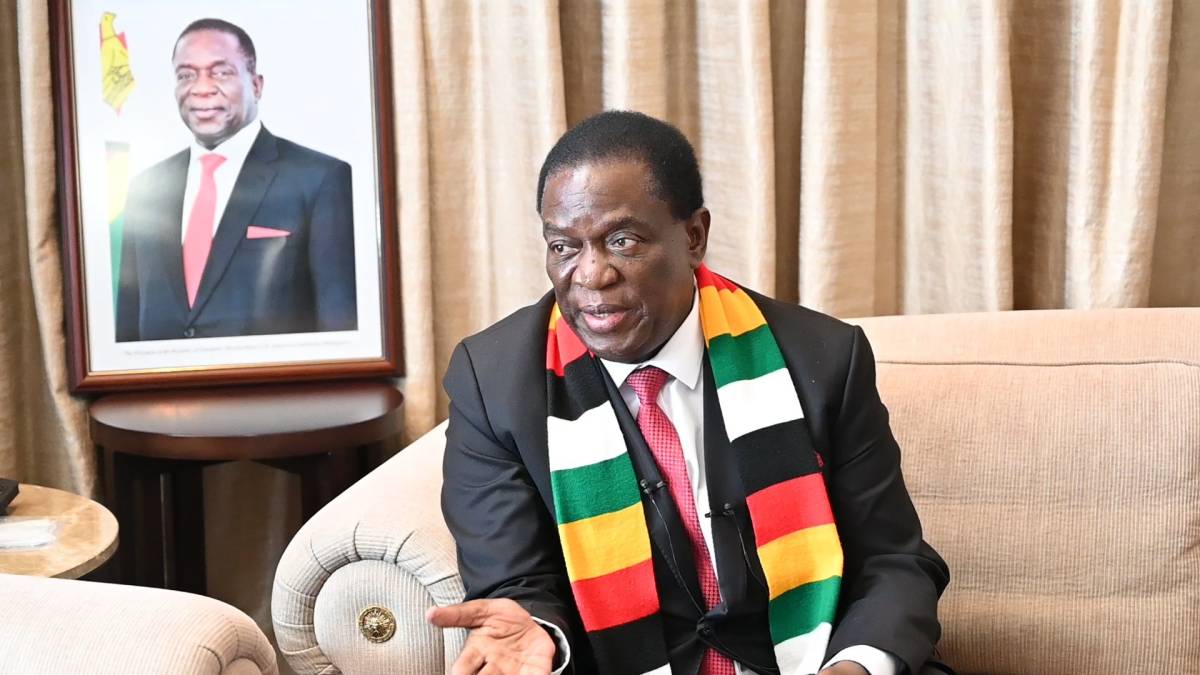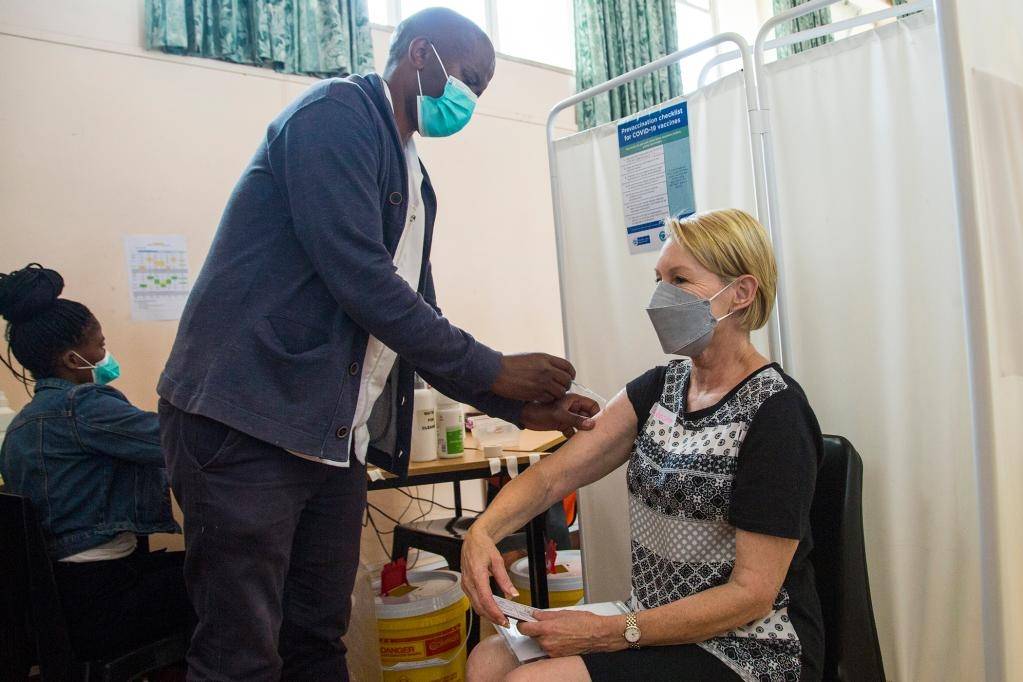Sudan has been suffering a political crisis after Al-Burhan, who is also the General Commander of the Sudanese Armed Forces, declared a state of emergency on October 25, 2021, and dissolved the Sovereign Council and the government. Since then, the Sudanese capital of Khartoum and other cities have been witnessing continued protests demanding a return to civilian rule.
Sudan’s Transitional Sovereign Council Chairman, Abdel Fattah Al-Burhan has issued a decree lifting the state of emergency in all parts of the country.
The order was made to “prepare the atmosphere for a fruitful dialogue that achieves stability for the transitional period,” the Sovereign Council said on Sunday in a statement.
Sudan has been suffering a political crisis after Al-Burhan, who is also the General Commander of the Sudanese Armed Forces, declared a state of emergency on October 25, 2021, and dissolved the Sovereign Council and the government, Xinhua news agency reported.
Since then, the Sudanese capital of Khartoum and other cities have been witnessing continued protests demanding a return to civilian rule.
Arms embargo
The UN Security Council has adopted a resolution to renew an arms embargo against South Sudan as well as targeted sanctions of travel ban and asset freeze against individuals and entities until May 31, 2023.
Resolution 2633, which was adopted on Thursday with 10 votes in favour and five abstentions, also extends the mandate of the Panel of Experts, which assists the work of the South Sudan Sanctions Committee, till July 1, 2023, reports Xinhua news agency. China, Gabon, India, Kenya, and Russia abstained.
The resolution decides that the arms embargo shall not apply to the supply, sale or transfer of non-lethal military equipment, solely in support of the implementation of the terms of the peace agreement, as notified in advance to the Sanctions Committee.
It also reiterates the Security Council’s readiness to review arms embargo measures, through modification, suspension, or progressive lifting of these measures, in the light of progress achieved on the key benchmarks as set out in last year’s Resolution 2577, and encourages the South Sudan authorities to achieve further progress in this regard.
The resolution requests the UN Secretary-General, in close consultation with the UN Mission in South Sudan and the Panel of Experts, to conduct, no later than April 15, 2023, an assessment of progress achieved on the key benchmarks. It also requests the South Sudanese authorities to report, by the same date, to the Sanctions Committee on the progress achieved in this regard.
Refugee Crisis
The UN Refugee Agency (UNHCR) said that 1,167 Ethiopian refugees have arrived in Sudan in recent days.
The UNHCR in its latest situation update report said the vast majority of the new arrivals were from Ethiopia with 1,130 crossing over to Sudan’s Blue Nile state from Benishangul-Gumuz region, reports Xinhua news agency.
“The remaining 37 new Ethiopian refugees’ arrivals entered Sudan through border crossings in Sudan’s Geadref state,” the UNHCR report disclosed.
ALSO READ: UNHCR 1,167 Ethiopian refugees flee to Sudan
Tensions have been high for years in Ethiopia’s western Benishangul-Gumuz region, with periodic outbreaks of ethnic strife leaving scores dead and tens of thousands fleeing to other parts of Ethiopia as well as to neighbouring Sudan. The violence is mainly over access to power and land resources.
Benishangul-Gumuz region, located along the Ethiopia-Sudan border, hosts Ethiopia’s largest development project, the Grand Ethiopian Renaissance Dam (GERD), which is under construction on the Blue Nile River with a construction cost of close to $5 billion.
Tens of thousands of Ethiopians have also crossed to Sudan since the start of the military confrontations between the federal and regional forces in the Tigray region broke out in November 2020.
Ethiopia currently has 4.2 million internally displaced persons (IDPs) and over 1.5 million IDP returnees, largely resulting from the ongoing conflict in northern Ethiopia and localized conflicts and tensions in different parts of the country.

